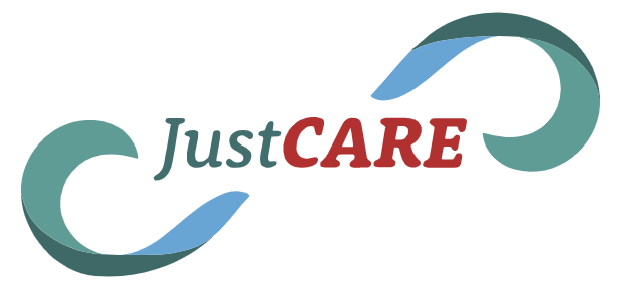A multi-agency collaboration in Seattle conducts outreach to unsheltered people with opioid use disorder to provide housing, health, and recovery services.
Those struggling with opioid use disorder (OUD) sometimes experience homelessness, a barrier to accessing treatment and other services. The JustCARE program, a multi-agency harm reduction collaboration, was created in 2020 to conduct outreach to homeless populations in the Seattle area. The Covid pandemic spurred the development of such outreach given the health risks of in-person contact in agency facilities.
As described in a recent program evaluation, a primary target of outreach are outdoor encampments of individuals in need of housing, health care, substance use treatment, and assistance with legal matters. Efforts are aimed at minimizing law enforcement involvement with encampments, and staff are culturally competent and trained in building trust with clients. Interim housing, supervised by staff to minimize disruption, is arranged with local hotels. This serves as a stable base from which clients can be assisted in finding permanent housing and connect with health and recovery services, including treatment with medications for opioid use disorder (MOUD).
JustCARE partners include health, addiction treatment, and law enforcement agencies, a public defenders association, neighborhood groups, and social service providers. A presentation on the program is here, and its contact information is available at their website. News articles on JustCARE are here, here, and here.
JustCARE shows why an integrated response to address housing needs, mental and physical health, substance use disorders, and criminal legal involvement can reduce overdoses and link clients to treatment.









